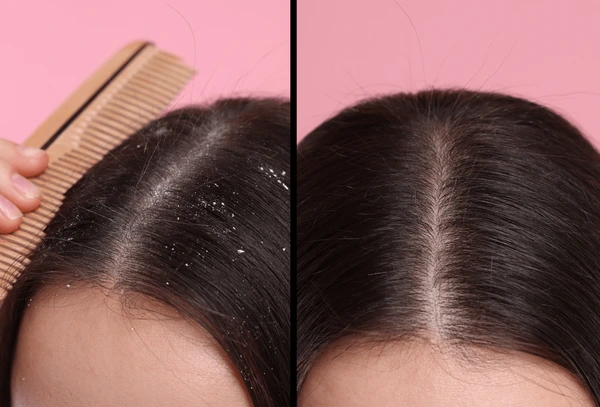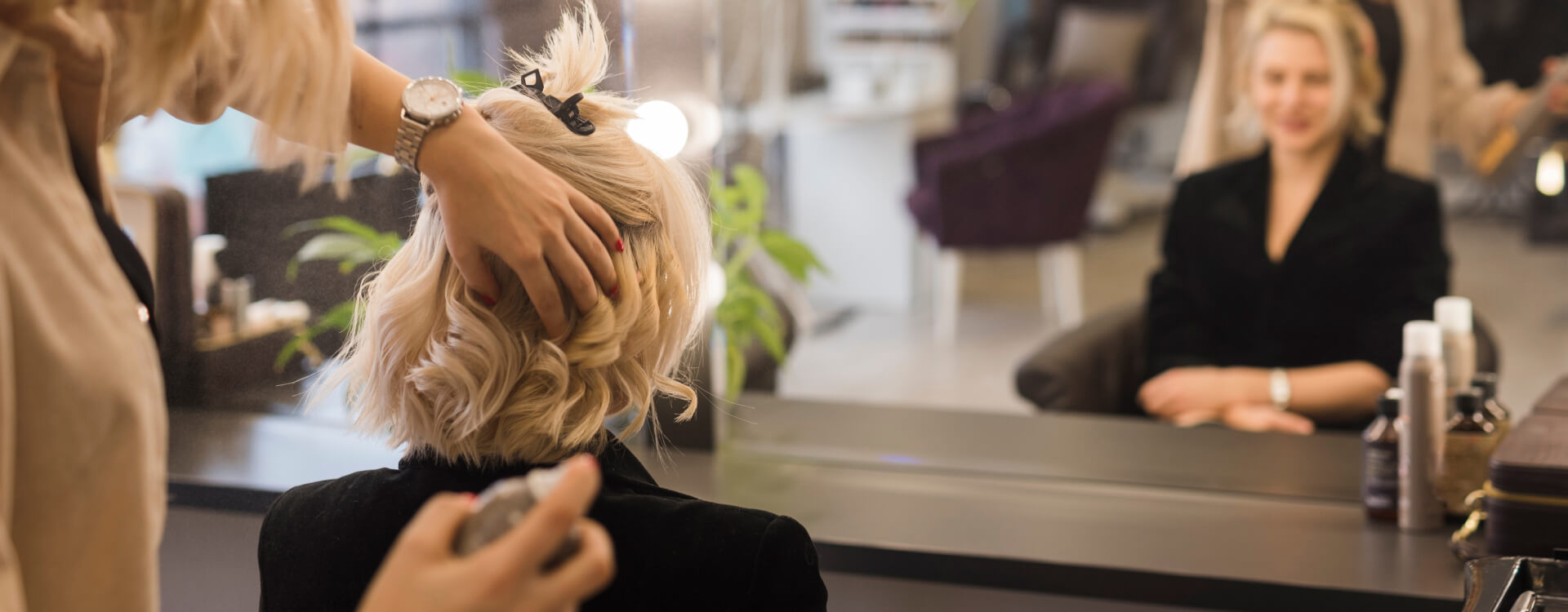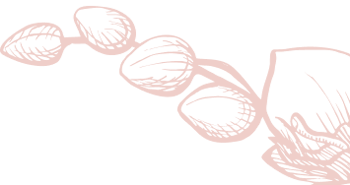Overview
Seborrheic dermatitis, generally known as dandruff, is a scalp disorder that affects 50–60% of people, however it most frequently affects children and adults in their middle years. Everyone appears to experience this uncurlable hair ailment at some point in their lives.
It is a papulosquamous skin condition that mostly affects the face and body folds of the scalp, which have a high concentration of sebaceous glands. There are 2 categories of variants: infantile and adult. Infantile disorders typically resolve on their own within a year of age and are self-limiting; nevertheless, they are also marked by recurring patterns, which make patients extremely anxious.

The best dermatologist in Lucknow, Dr. Asma, provides effective dandruff treatment that targets flaky scalp, itching, and persistent irritation. Using medicated therapies, scalp treatments, and advanced dermatological care, dandruff is controlled and scalp health restored. Patients benefit from long-lasting relief, improved scalp balance, and stronger, healthier hair under expert supervision.
Causes / Pathophysiology
Multiple factors play important roles in its aetiology.
-
Disruption of skin microflora
-
Genetic factors associated with epidermal barrier disruption
-
Dry skin on the scalp due to extreme cold weather or irregular shampooing
-
Excessive production of sebum due to any cause mixes with dirt and dead skin and forms dandruff.
-
Malassezia globosa is a yeast that has a strong affinity for the oil on the scalp, breaking it down and acting as an irritant. As a result, the scalp reacts by accelerating cell renewal, which results in dandruff.
-
The most frequent source of contact dermatitis, which is a skin irritant brought on by Allergan or any irritant that results in a painful rash, is hair dyes and other hair colouring products.
-
Regular cleaning can help those who are prone to dandruff, as it prevents the buildup of oil that can cause dandruff.
-
The sebaceous gland is stimulated by sex and androgens (like testosterone), which increases its production of oil and indirectly contributes to dandruff.
-
Patients with weakened immune systems, such as those with HIV, AIDS, hepatitis C, etc., are more likely to develop dandruff.
-
Zinc and vitamin B deficiency precipitate dandruff
Although almost anybody can get dandruff, some things can increase your risk:
-
Age Dandruff typically starts in adolescence and lasts until middle life. That does not imply that older people do not develop dandruff. The issue may persist forever for some individuals.
-
Being male Dandruff is more prevalent in males than in females.
-
Certain illnesses The chance of developing dandruff seems to be increased by conditions like Parkinson's disease and other illnesses of the nervous system. Additionally, having HIV or a compromised immune system.
Symptoms of Dandruff
Dandruff signs and symptoms may include:
-
Your shoulders, hair, beard, and eyebrows are covered in skin flakes.
-
Itchy scalp
-
Infants with cradle cap have a scaly, crusty scalp.
If you're under stress, the indications and symptoms could be more severe, and they usually worsen during the cold, dry months.
Treatment
Dandruff is a recurring, chronic illness that can be treated, although relapses are frequent.
-
Daily shampooing with mild cleaners might help minimise oil.
-
One of these functions well as an active ingredient in anti-dandruff shampoo.
-
Ketoconazole is suitable for any age.
-
The gland does not secrete oil when selenium sulphide is present. Yeast growth is slowed by zinc pyrithione. Salicylic acid regulates cell shedding. Both antifungal and antibacterial activities are present in tea tree oil.
-
Treatment of the underlying cause
Frequently Asked Questions (FAQs) About Dandruff Treatment


